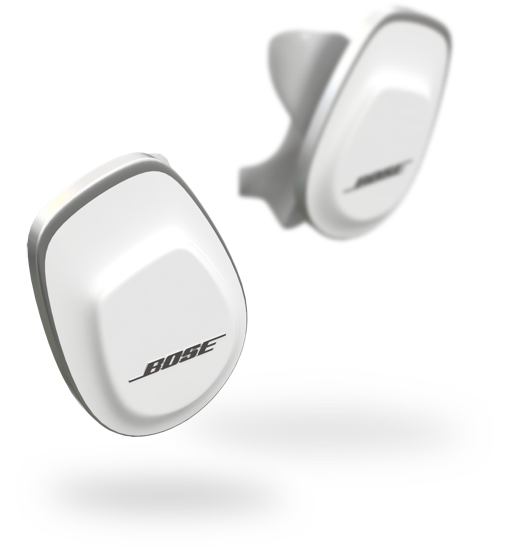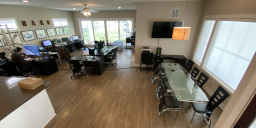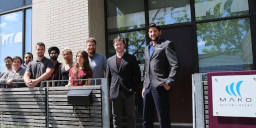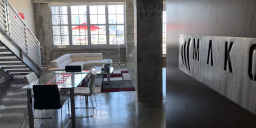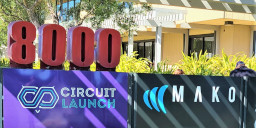
At MAKO Design + Invent, we are extremely passionate about the viability and usefulness of 3D printing and are always happy to learn about instances where 3D printing is used for a good cause. Today, we talk about one such online community, E-NABLE, that consists of 3D printing hobbyists who create affordable, custom-made prosthetics for those in need.
E-NABLE is comprised of engineers, artists, students, parents and philanthropists from all over the world who are devoting their free time to the creation of open source prosthetic designs and assistive devices that can be downloaded from anywhere and 3D printed for less that $50.
Created by a researcher at the Rochester Institute of Technology, Jon Schull wishes to see E-NABLE bridge the gap between children and adults with missing or deformed fingers, hands or forearms and the makers who produce customized 3D printed prosthesis. Schull created E-NABLE after noticing the lack of communicative platforms for volunteers and people with special needs. He then set out to build a community where designers and those in need could pair up to produce innovative, 3D printed prosthesis for an affordable price.
Why is 3D printing a more viable option?
“A typical prosthetic hand from a company will run you more than $10,000, but materials for a 3D printed hand can cost less that $50,” says Schull. “All you need is someone with access to a 3D printer that is willing to donate their time.”
Currently, E-NABLE has a variety of designs that are open source and free to download from anywhere and at any time. Each design is unique and, depending on which material the user chooses, the cost of 3D printing ranges between $20 – $50.

“Every week, we see makers pairing up and working with people who ask for help,” says Schull. “Sometimes members create small parts or while devices for people, while others are simply guiding individuals as they build one themselves.”
E-NABLE’s current gallery consists of an array of prosthesis that suit different needs. Some are designed for people without fingers and thus feature textured fingertips for an improved grip.Others cater towards people who have lost their wrists and require some control over lateral and rotational movements. Being an open source community means that anyone can download these designs, tweak them to their own desired specifications, and then share them with the rest of the members. Product designer Paul Sohi is one such active member who uses his skills to improve the current available designs and advises people on 3D printing material choices.
“It is really heartwarming to see so many designers coming together to help improve the lives of people in need,” says Robert Colgan, Senior Industrial Designer at MAKO. The industrial design team at MAKO are touched by this great cause and wish E-NABLE all the best in its future endeavors.
About: MAKO Design + Invent is the original firm providing world-class consumer product development services tailored to startups, small manufacturers, and inventors. Simply put, we are the leading one-stop-shop for developing your physical product from idea to store shelves, all in a high-quality, cost-effective, and timely manner. We operate as one powerhouse 30-person product design team spread across 4 offices to serve you (Austin, Miami, San Francisco, & Toronto*). We have full-stack in-house industrial design, mechanical engineering, electrical engineering, patent referral, prototyping, and manufacturing services. To assist our startup and inventor clients, in addition to above, we help with business strategy, product strategy, marketing, and sales/distribution for all consumer product categories. Also, our founder Kevin Mako hosts The Product Startup Podcast, the industry's leading hardware podcast. Check it out for tips, interviews, and best practices for hardware startups, inventors, and product developers. Click HERE to learn more about MAKO Design + Invent! *NOTE: Engineering services are provided exclusively by our USA-based engineering team
